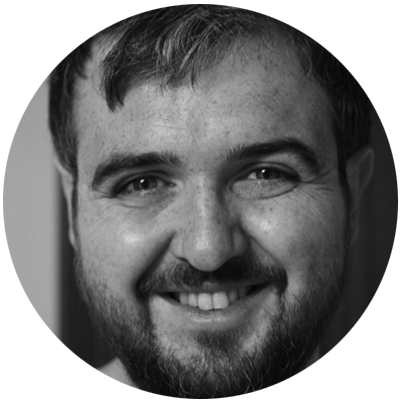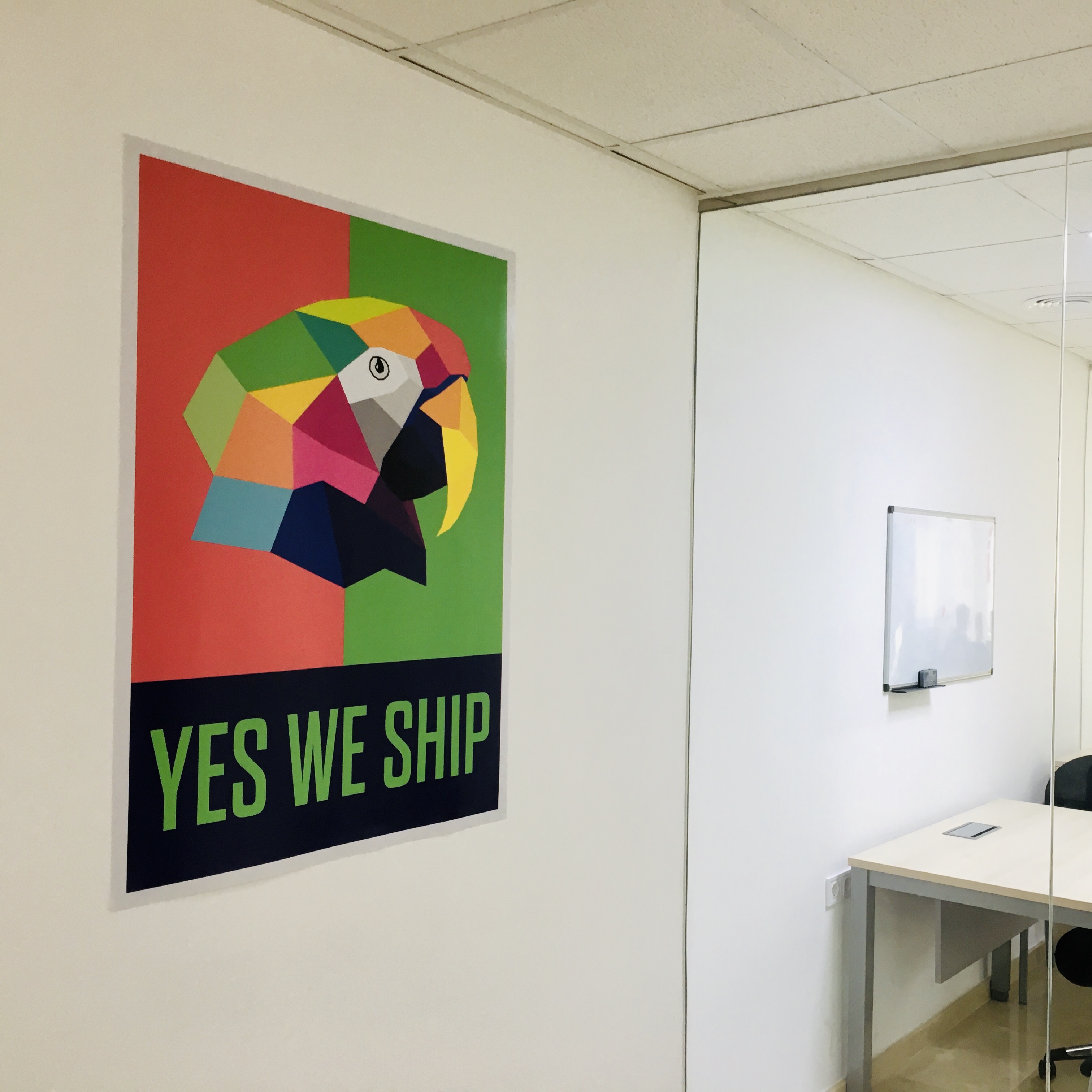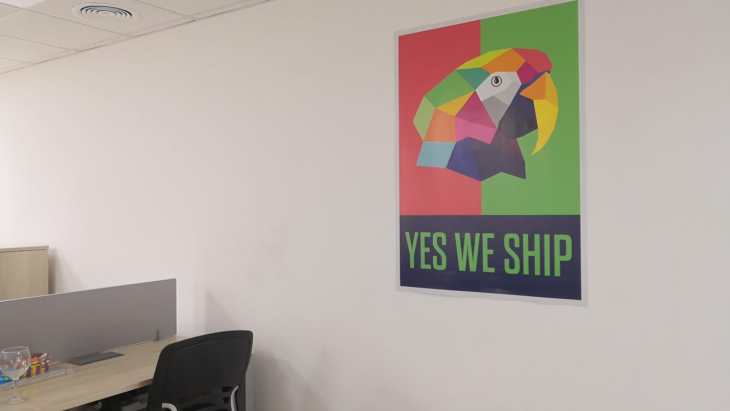Business
Friday Wins – Celebrating Shipping and Delivery
Learn how to do ✓ Friday Wins: Celebrate shipping and learning ✓ Rules: Focus, 5-minute summaries, inclusivity ► Read more about this approach here!

Peadar Coyle, Co-founder & CTO
13. Oktober 2023

More meetings?
At AudioStack we recently have been experimenting with Friday Wins. It’s important in a startup to enable the company to build things and talk to customers. This matters a lot to ‘building something people want’. However, I wanted to talk a bit about a meeting style that I’ve found that works pretty well, and why it does.
Culture is what you celebrate! And in software, I firmly believe we should celebrate product getting out to customers and what we learn. It could be internal customers, it could be that a prototype we shipped – didn’t work (this happens often in ML stuff), it could be a hypothesis we invalidated.

Why does this matter?
Well it’s very easy I think as humans to be scared to show things to get feedback. Let’s use an analogy – I’ve got friends who love music, and create music. But they don’t share their art with other people. This fundamentally stops the feedback loop and means you don’t actually know if you’ve made something that people want.
Why does this happen? I think one of the reasons is to protect the ego. It’s easier to believe that what we’re working on is great, and it’s difficult to handle potential rejection.
What are the rules of Friday wins?
These are evolving as rules but these are the rough rules we have for Friday wins.
Focus on shipping
I think it’s really important to focus on shipping. Nothing matters until it hits a customer and it’s very important that shipping is central in your rituals. And shipping is a primary measure of a teams effectiveness and shorter cycle times lead to better feedback, better morale and better learning.
We even have a picture in our offices devoted to this 🙂

Picture from our Barcelona office – Yes we Ship 🙂
It’s an inclusive and high energy meeting
It’s super important that the intern can share their work, it’s also important that it’s something people look forward to. When people share on slack during the week – ‘we implemented this feature and it enhanced our process by 10%’ I tell them ‘this is great for a Friday win’.
Not everyone needs to have a win every week – some teams have longer cadence – but everyone in the engineering org should be invited and able to participate.
5 minutes summary – and focus on the customer
This is hard because sometimes things over run – but I try to make people keep their presentation to 5 minutes. You don’t need slides – but try to focus on the most general take home points. And why it is cool.
Sometimes it’s very apparent that a technology needs a longer talk – and that’s ok that can go into a ‘tech talk’ meeting which is a longer one and happens every week.
Wins and modern software is cross functional
A win is very general as a word. It doesn’t mean ‘this moves the needle of the company in a game changing way’. Graphs count as wins, UIs count as wins, analysis of customer requests count as wins, a version of an AI model (that is in some version of production – it can’t be on someones computer locally) counts as a win.
Learning oriented
As the CTO of a tech startup, it’s very important that people in my teams look forward to reviewing their work. Reflection is an important part of the learning cycle – and a weekly cadence helps with that. For example from last week – someone said ‘we learned this, and a better way to do this is to store our parameters this way’ or ‘we built this model and we discovered that the technique doesn’t work with the amount of data we have’. These are all VALUABLE contributions to building a great product and help us serve our customers better in the future. Through better product innovation 🙂
How software is made is important
I firmly believe that since ‘software is eating the world’ that all companies are becoming some form of a ‘tech company’. And we see this in the world, in terms of investment – and in terms of how significant ‘tech’ is becoming (for example see the public markets). Therefore if every company is a tech company it’s very important to build organisational awareness of how software is made. One way we’ve done this is we invite someone from the commercial side each week, and it’s good when they give an update on how partnerships, marketing or their speciality is working. This helps a lot with momentum and team spirit. And as a leader – your job is to build a culture.
These are some of my comments. I call it ‘Friday wins’ because that sounds better than ‘sprint demos’ or ‘sprint reviews’. It’s very important that we celebrate the work we do and how we get stuff out to customers as soon as possible. And I’ve found in a few weeks of running it, that it’s great that the knowledge sharing happens.
Building software is hard – and modern software is a difficult team sport. To build great software we all need to learn – largely because it’s a complex act, and the pace of technological change is very high.
I firmly believe that the way to do that is to create a learning culture. This meeting is evolving but I wanted to share what we learned so far 🙂
What meetings do you have at your company that you want to share?
About: AudioStack is a London/Barcelona-based technology company. Its platform enables fully automated, scalable audio production by using synthetic media, voice cloning, and audio mastering, to then deliver it on any device, such as websites, mobile apps, or smart speakers. With this Audio-As-A-Service, anybody can create beautiful sounding audio, starting from a simple text to including music and complex audio engineering without any previous experience required. The team consists of highly skilled specialists in machine learning, software development, voice synthesizing, AI research, audio engineering, and product development.
About AudioStack
AudioStack is the world's leading end-to-end enterprise solution for AI audio production. Our proprietary technology connects AI-powered media creation forms such as AI script generation, text-to-speech, speech-to-speech, generative music, and dynamic versioning. AudioStack unlocks cost and time-efficient audio that is addressable at scale, without compromising on quality.
